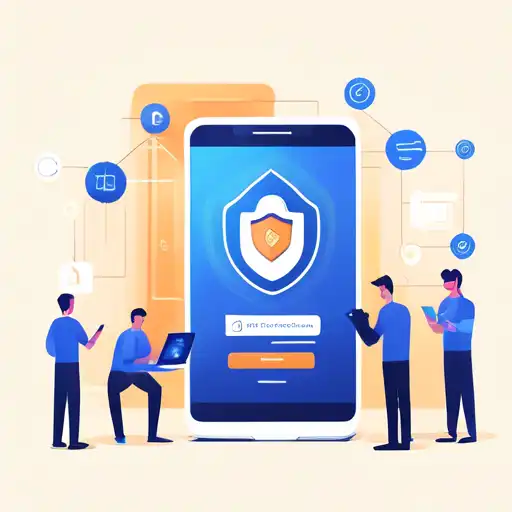Introduction to Mobile App Security
In today's digital age, mobile app security is more important than ever. With the increasing number of mobile users, developers must prioritize security to protect sensitive user data from cyber threats. This article outlines essential mobile app security best practices that every developer should implement to ensure their apps are secure and trustworthy.
Understand the Threat Landscape
Before diving into security measures, it's crucial to understand the types of threats mobile apps face. From malware and phishing attacks to data breaches and insecure Wi-Fi connections, the risks are vast. By staying informed about the latest security threats, developers can better prepare and protect their applications.
Implement Strong Authentication Mechanisms
One of the first lines of defense in mobile app security is strong authentication. Implementing multi-factor authentication (MFA) and biometric verification can significantly reduce the risk of unauthorized access. Encourage users to create strong passwords and consider using OAuth for secure authentication.
Secure Data Storage and Transmission
Protecting data at rest and in transit is essential. Use encryption techniques like AES for data storage and TLS for data transmission. Avoid storing sensitive information on the device unless absolutely necessary, and always use secure protocols for data exchange.
Regularly Update and Patch Your App
Keeping your app updated is a simple yet effective way to enhance security. Regular updates allow you to patch vulnerabilities and protect against newly discovered threats. Make sure to also update all third-party libraries and dependencies used in your app.
Conduct Thorough Security Testing
Security testing should be an integral part of your development process. Perform static and dynamic analysis, penetration testing, and code reviews to identify and fix security flaws. Tools like OWASP ZAP and Burp Suite can help automate some of these tests.
Adhere to Privacy Laws and Regulations
Compliance with privacy laws such as GDPR and CCPA is not just about avoiding fines; it's about protecting your users. Ensure your app collects only the necessary data and provides clear privacy policies. Users should have control over their data and understand how it's being used.
Educate Your Users
Finally, educating your users about security can go a long way. Provide tips on creating strong passwords, recognizing phishing attempts, and securing their devices. A well-informed user base is an additional layer of security for your app.
Conclusion
Mobile app security is a continuous process that requires attention and effort. By following these best practices, developers can create secure apps that protect user data and build trust. Remember, security is not a one-time task but an ongoing commitment to your users.
